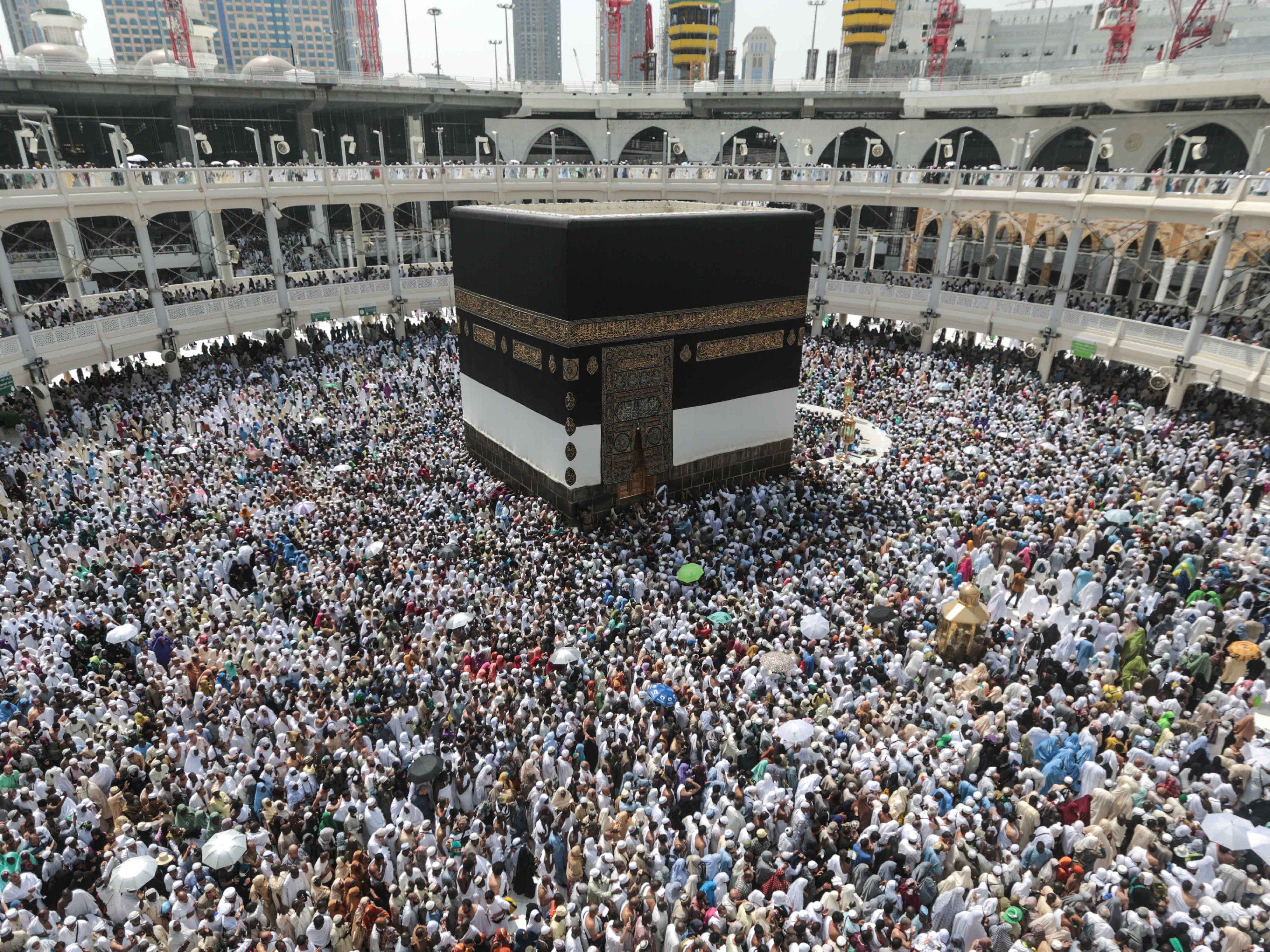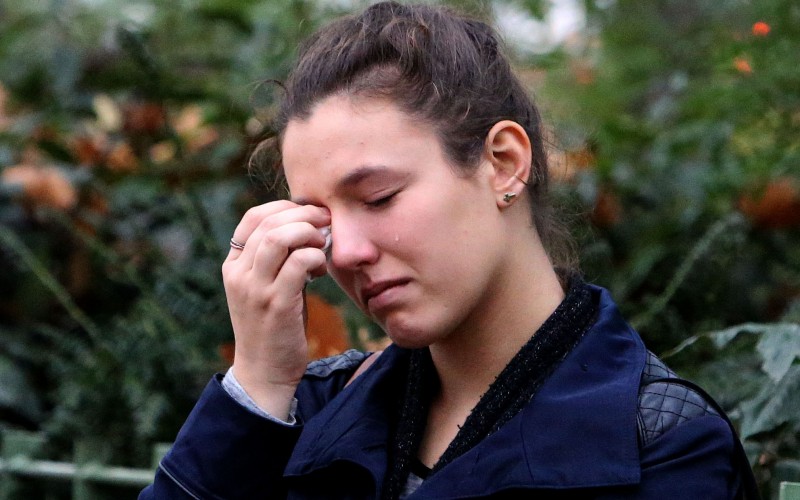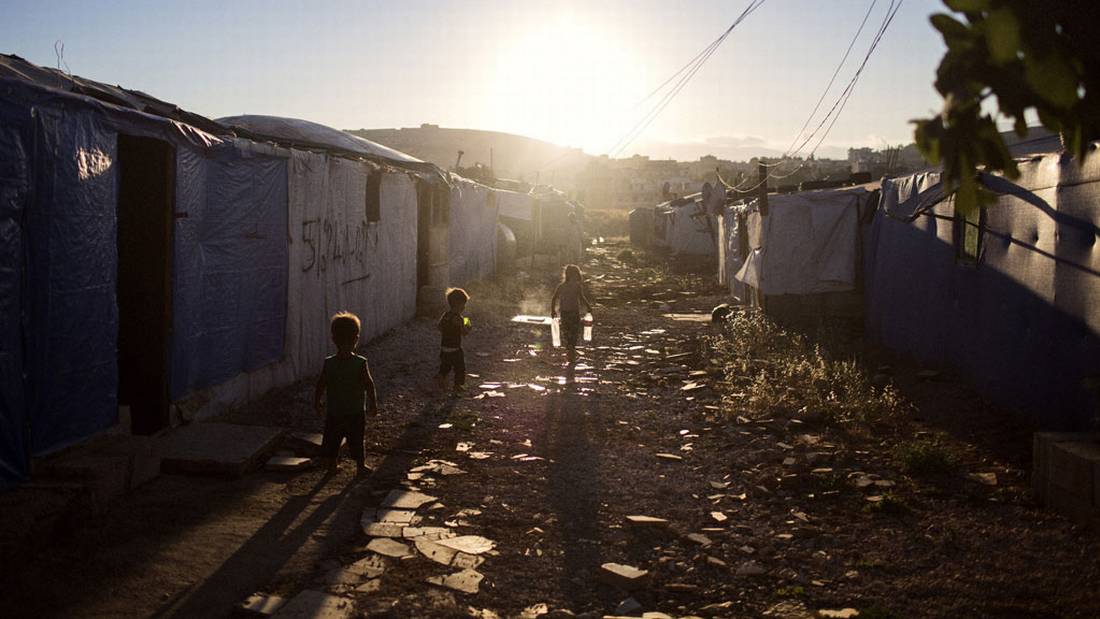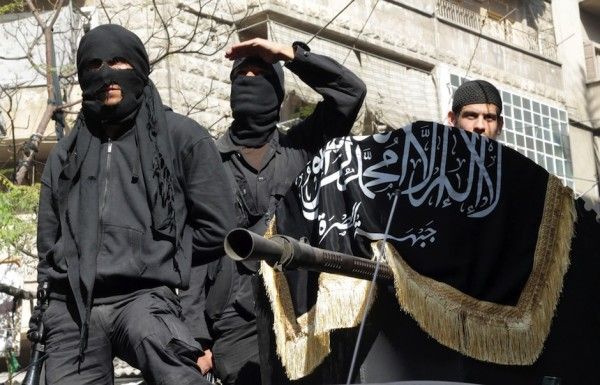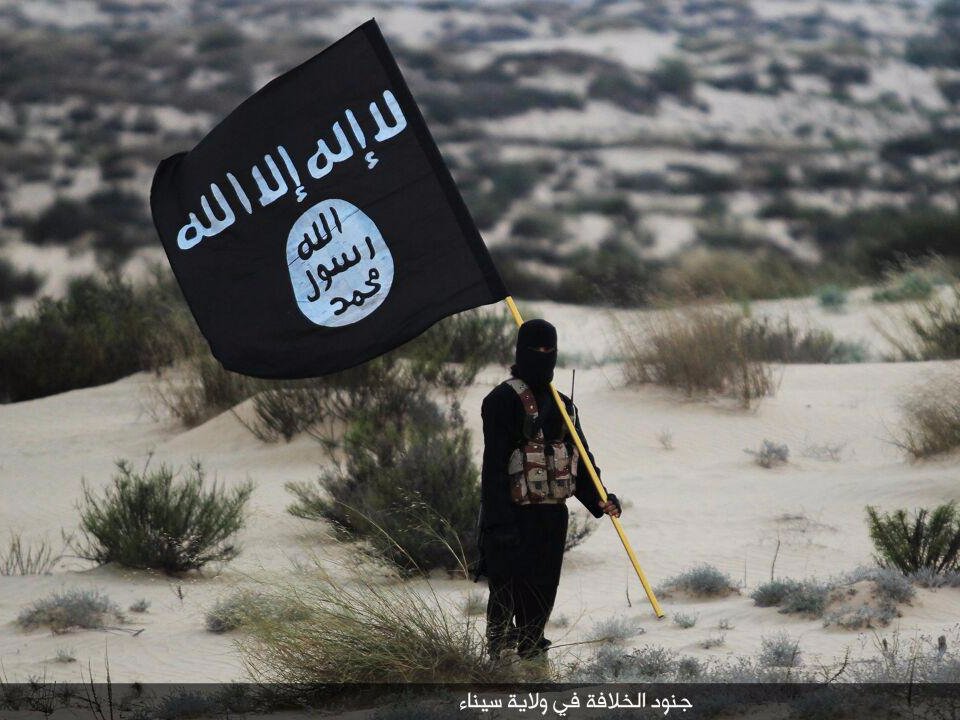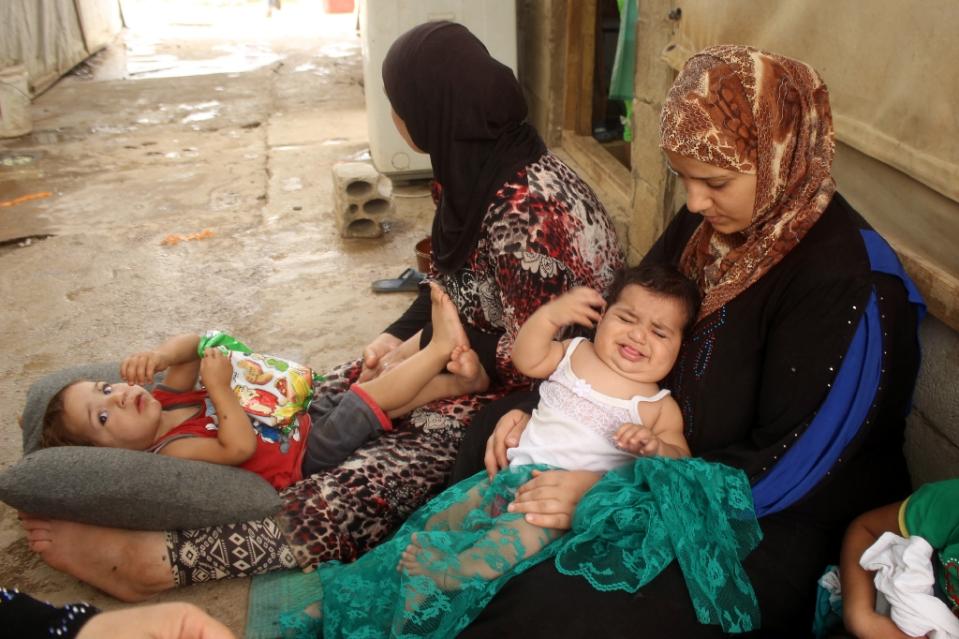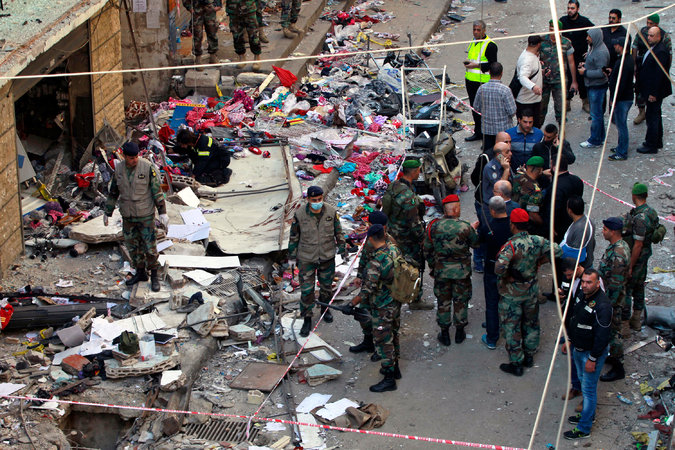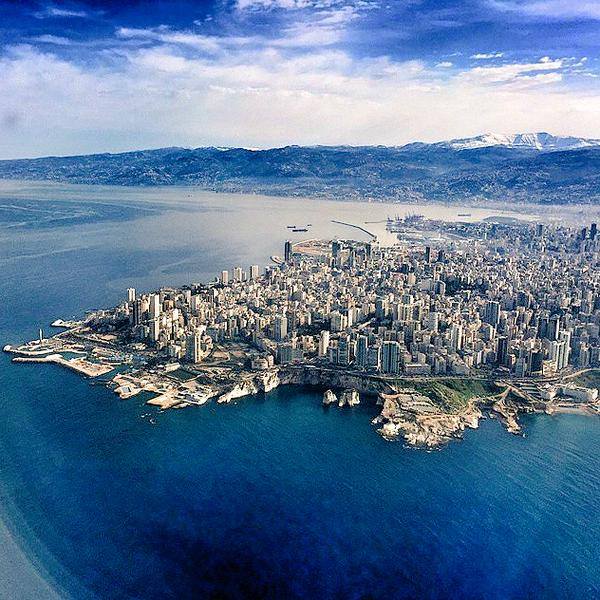
BEIRUT, Lebanon — How many bombs would have to go off in Paris before the next one would get the same reaction as a bomb in Beirut? Is it the frequency of horrific events that makes us numb to them, or the familiarity of one place over another that determines our response?
These are some of the questions being asked in the wake of two terrible terrorist attacks on two different continents.
Paris and Beirut are linked by history, culture and language. In what many consider to be its heyday — post-independence and pre-civil war — Beirut was commonly referred to as "the Paris of the Middle East." Now some are cynically, and half-seriously, calling Paris "the Beirut of Europe."
Yet two attacks carried out by the Islamic State just one day apart have revealed a stark difference in the way violence in these two cities is perceived. Not just by people in the West. Even within Lebanon, there’s a difference in attitudes about domestic terror and attacks that happen abroad.
Forty-three people were killed when two suicide bombers detonated their devices in the middle of a busy market street in southern Beirut last Thursday evening. Just a day later, coordinated attacks across Paris paralyzed the city, and left 129 people dead.
